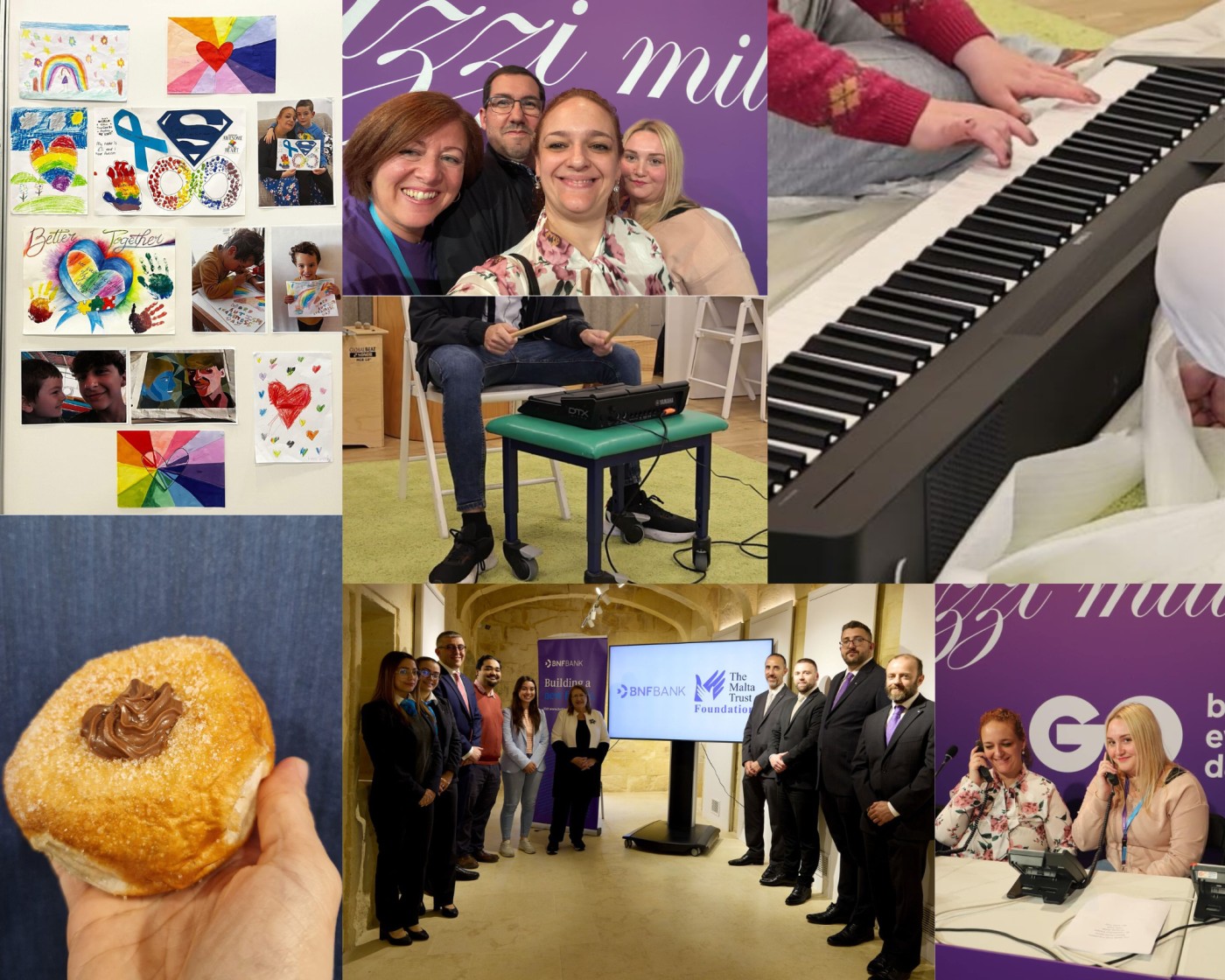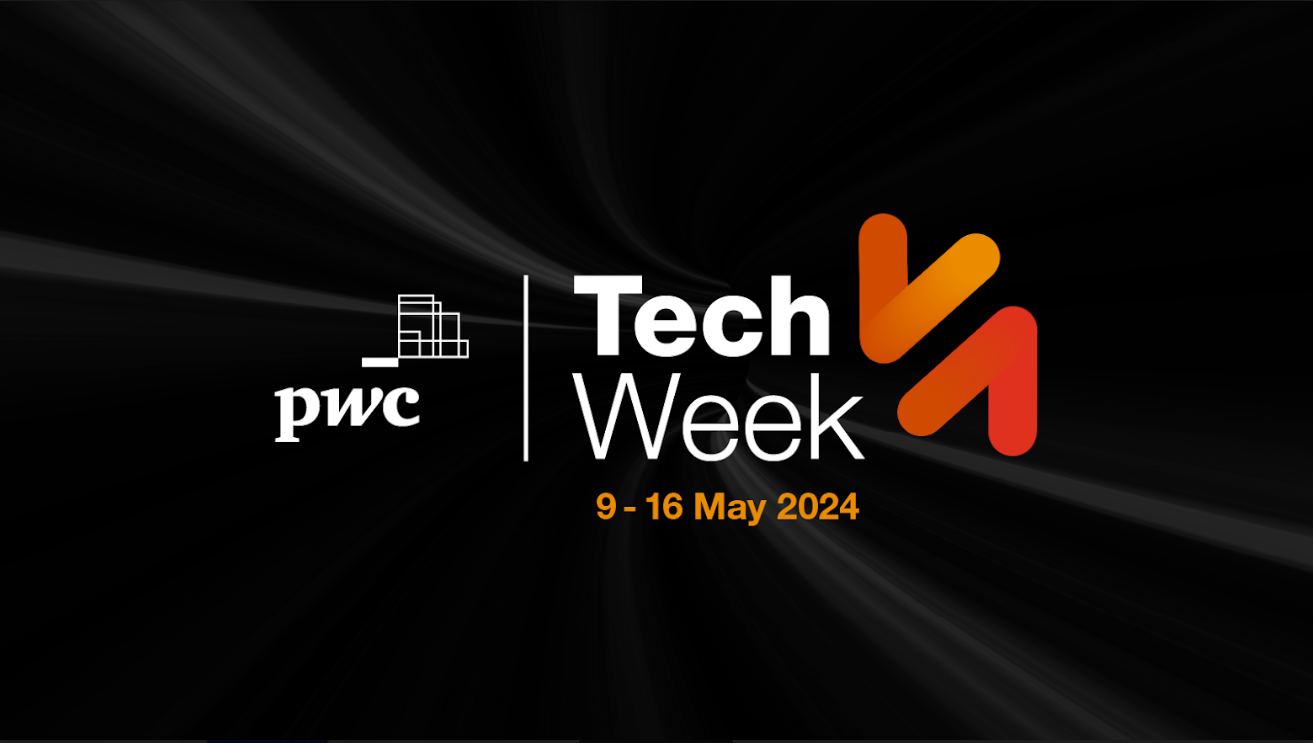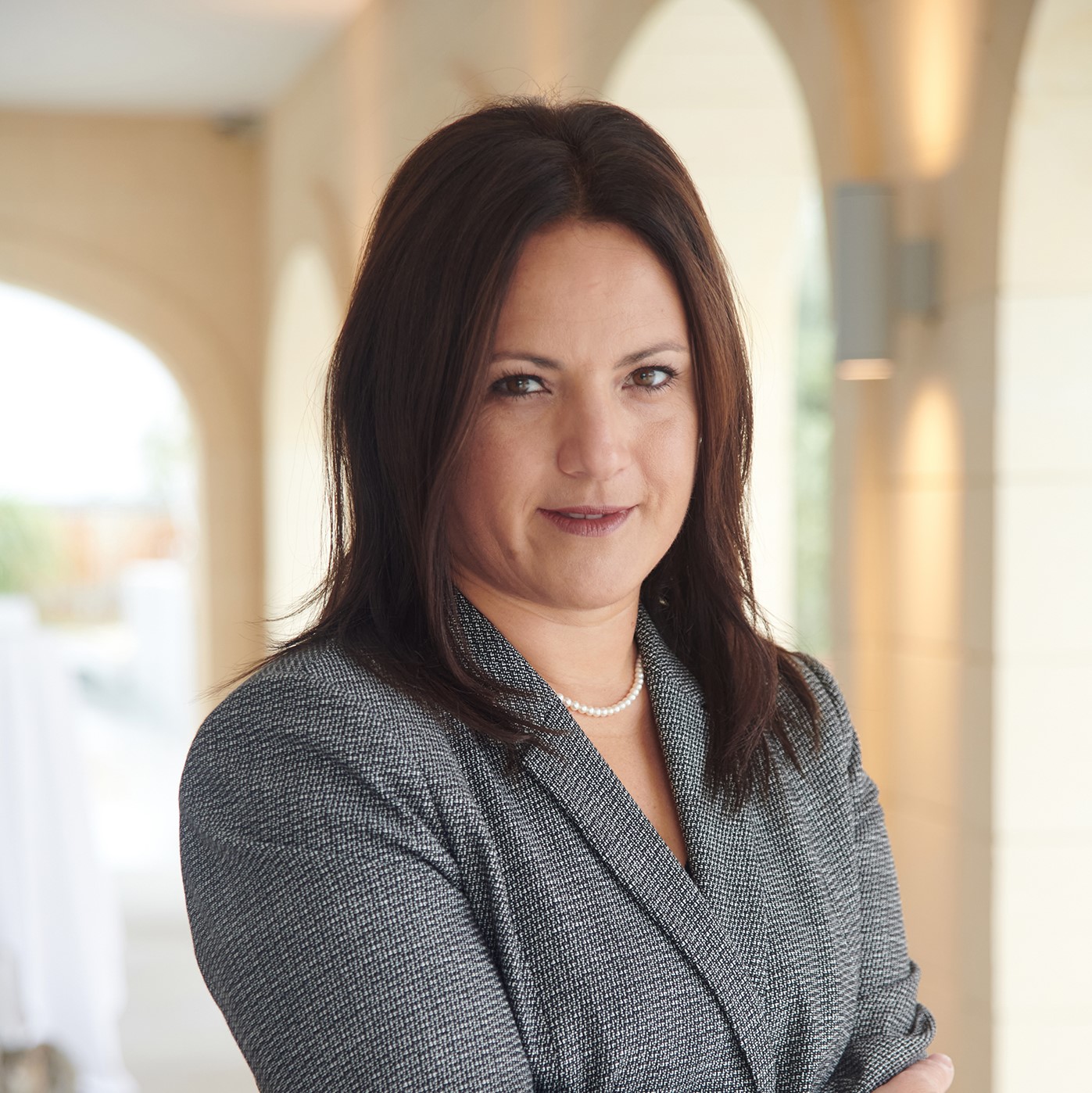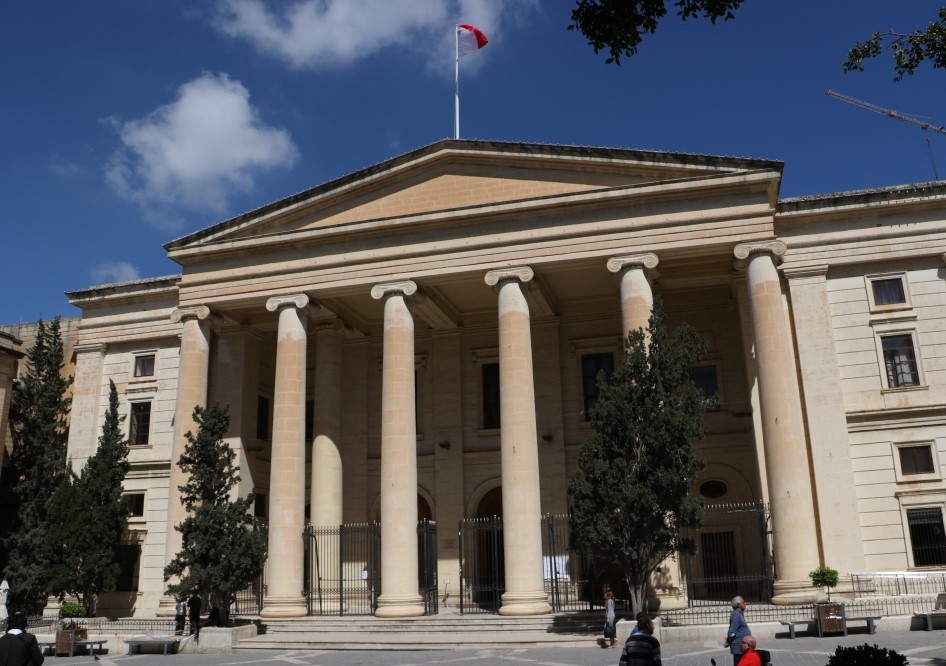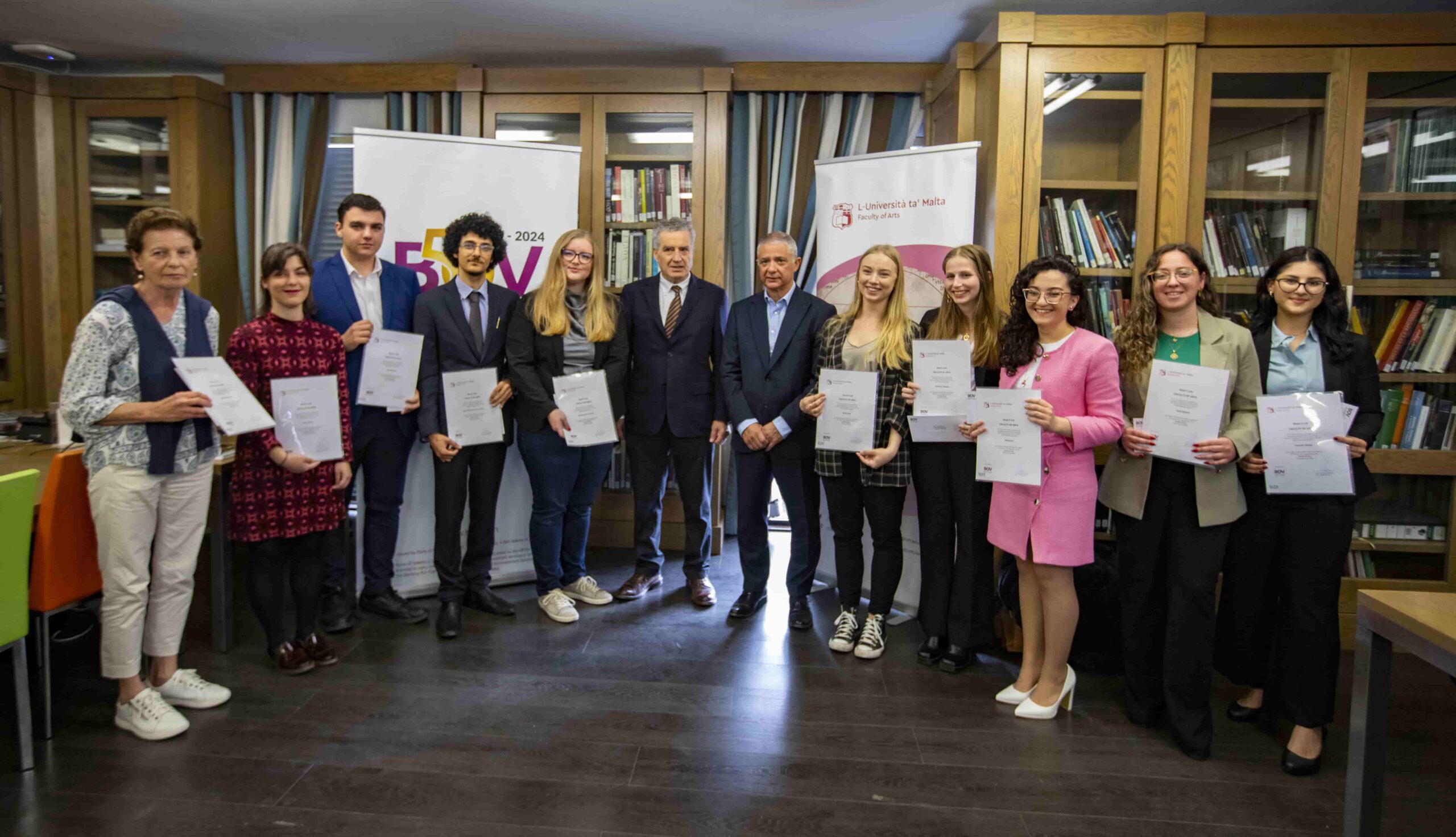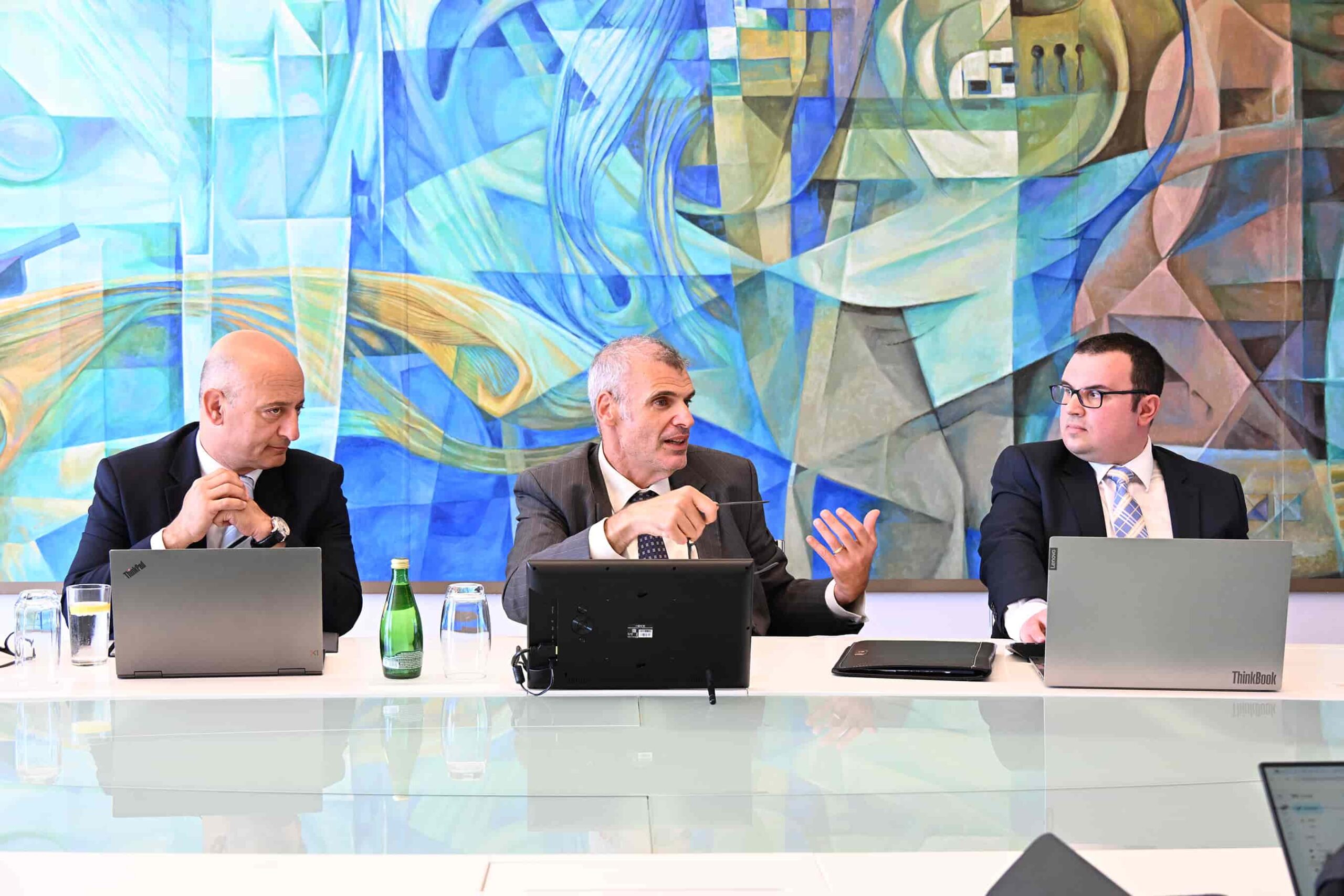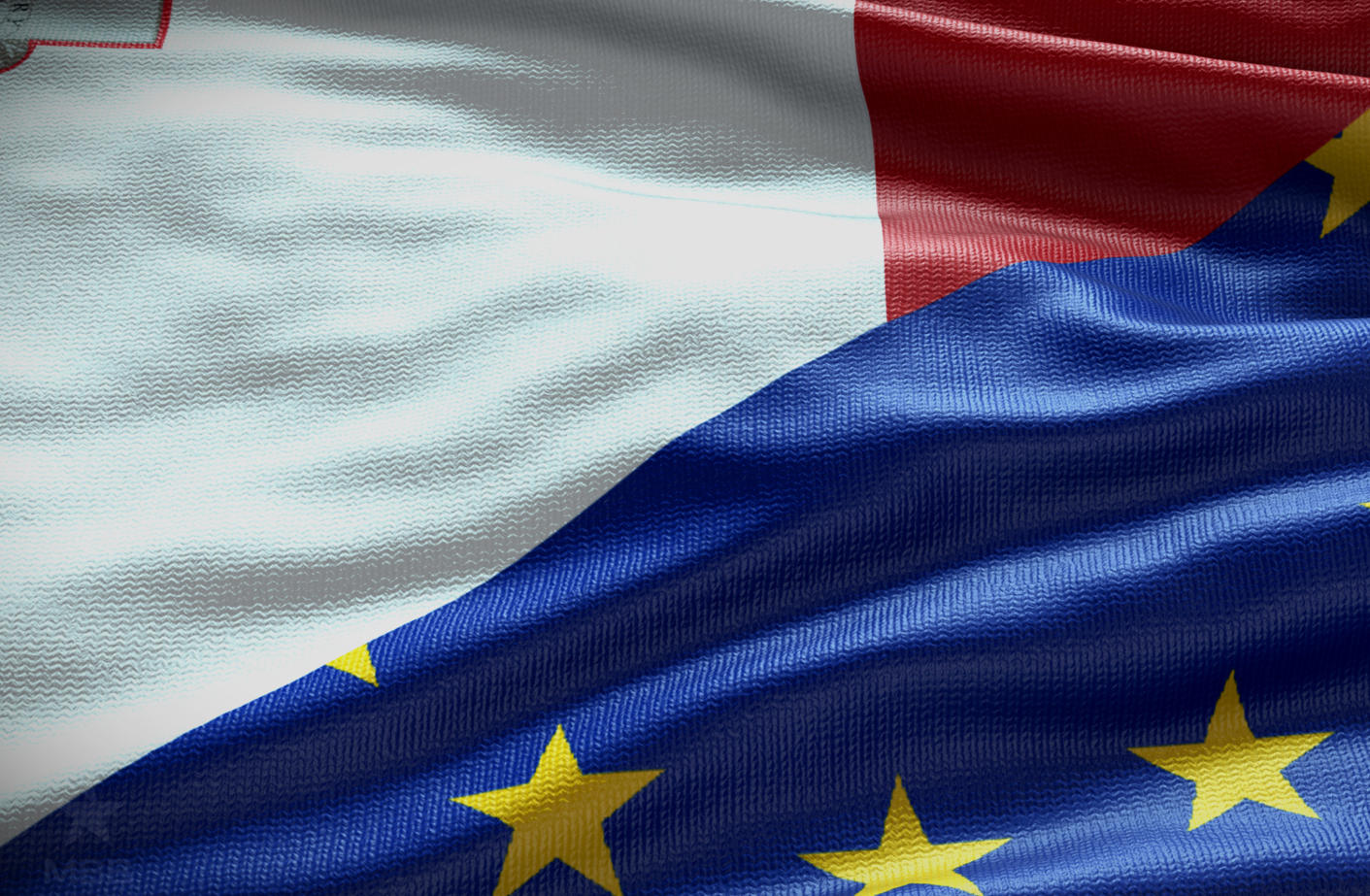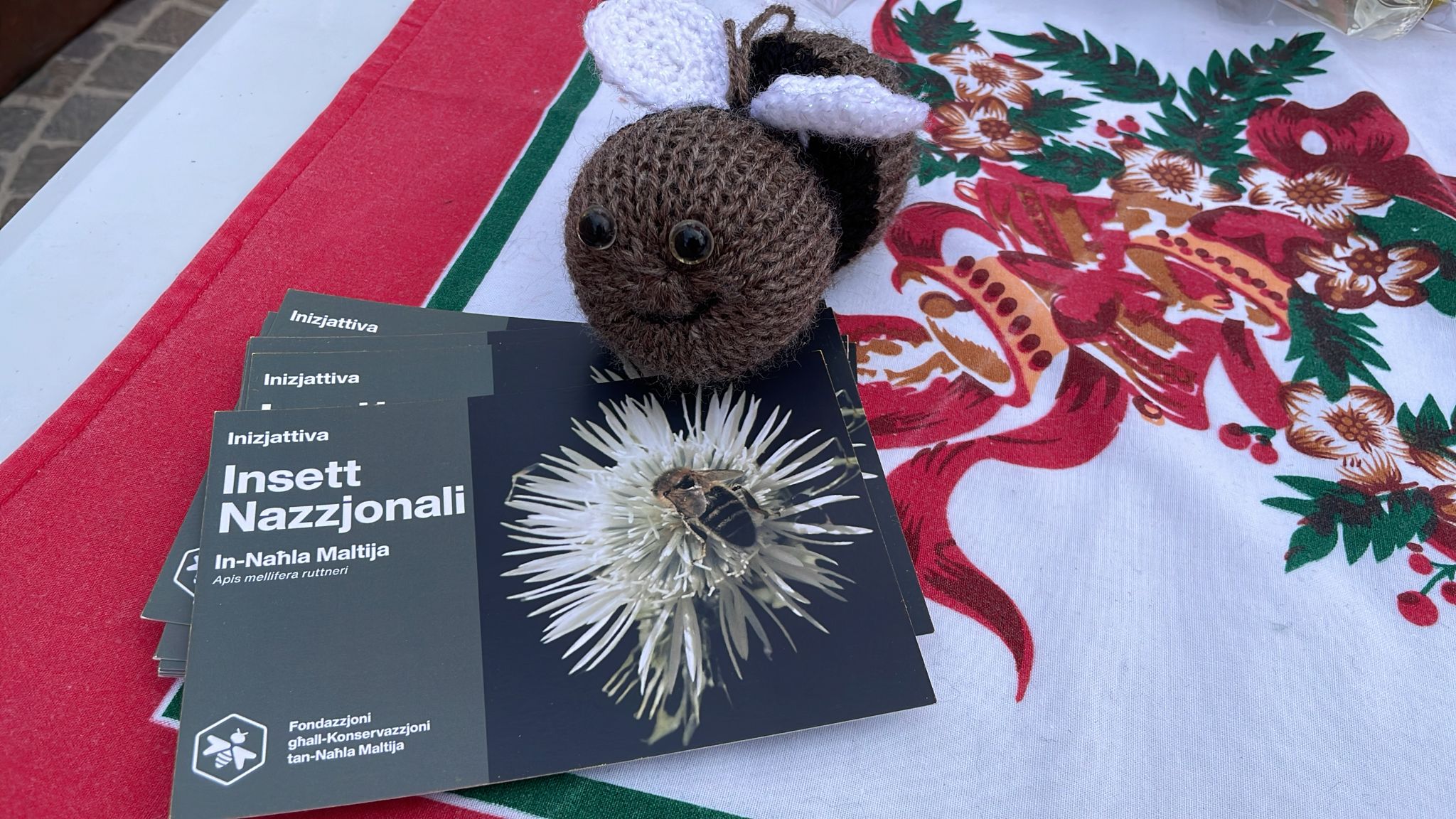ALISON MIZZI – PRESIDENT – MBB
As we approach the end of this EU term, all eyes are set on the European Parliament election campaign, whose outcome will play an important role in how the EU agenda is shaped in the future.
In the past five years Maltese businesses had to work through a global pandemic, faced the economic impact of Russia’s war on Ukraine that led to an energy crisis and to economic inflation, disruptions to international trade routes in the Red Sea due to geo-political tensions in the Middle East, and more. Throughout the same period the EU pushed forward an ambitious climate agenda through the European Green Deal, and which was implemented through the Fit for 55 Package.
These were challenging years for Maltese businesses not only as they had to navigate from one crisis to another, dealing with increasing operational costs, a shortage of labour supply, and overall economic uncertainty, but also having to comply with a substantial amount of new EU legislations that were adopted in a short span of time.
As we get closer to the European Parliament election and subsequently the entry of a new College of Commissioners after summer, the Malta Business Bureau has identified three pillars and ten key messages as priorities for the next EU term. The themes, focusing on Competitiveness and Growth, the Green and Digital transitions, represent the aspirations of Maltese business to become more resilient in the coming years.
The European Single Market remains highly uneven 30 years after its foundation, with the depth of integration varying substantially across the four freedoms. Free movement of goods and people work far more seamlessly compared to some of the evident barriers that still exist for cross-border services and capital. More work is to be expected in the next years particularly with the aim of completing the Capital Markets Union.
The twin green and digital transitions will continue to command a great focus of the EU agenda in the next five years. Investing in sustainability and digitalisation is beneficial for businesses, especially in evolving markets such as the net zero industry. However, costs related to the transition remain a primary concern particularly for SMEs and there must be adequate support from the EU budget to meet the level of ambition. Furthermore, following the intensive regulatory drive in the last years, moving forward it will be crucial to balance the broadening of regulatory frameworks with economic competitiveness, without stifling innovation.
The ongoing shortage of labour and skills will surely prove challenging, and despite the EU’s limited competences in this area, it will be equally important to continue building on the momentum achieved in relation to the European Year of Skills. The future labour market will be characterized by employees alternating between jobs, sectors, standard and non-standard types of employment over the span of a career. Mobilizing funding to provide the necessary tools for learning mobility, and support frameworks for upskilling especially related to digitalisation, will be key.
Tourism is an important economic sector that creates and sustains many companies and jobs, especially in island destinations such as Malta. It is also a positive force of cultural interaction among people. The EU must continue building on the ‘Transition Pathway for Tourism’ on proposed ways towards a more sustainable tourism activity. It must also continue working on addressing regulatory gaps to ensure a level playing field among tourism operators and service providers.
Discussions on EU enlargement will intensify in the coming years, particularly since the candidacy status granted to Ukraine and the long aspiration of Western Balkan states to join the Union. Enlargement can be viewed positively if it can bring political stability and economic prosperity to the volatile region. It will also broaden the Single Market and its leverage on the global stage. Nonetheless, the EU will need to reform itself to accommodate a larger Union, and in this process, it will be crucial to understand how such changes would impact small and peripheral member states such as Malta. While the EU functions through shared sovereignty, certain safeguards are necessary to be retained to ensure the integrity of all member states.
Coming back to competitiveness, in the coming term businesses need a regulatory breathing space and the EU must ensure that it only proposes legislation where it is needed and that it is fit for purpose. The Commission’s commitment to undertake a ‘Competitiveness Check’ prior to proposing a legislation is a welcome development. This good practice should go even beyond, by incorporating in the impact assessment process an additional criterion of ‘Territorial Proofing’ or an ‘Insularity Test’ to identify and mitigate adverse impacts on the competitiveness of specific territorial characteristics such as EU island states like Malta.
In addition, there is an urgent need for the European Parliament and EU Council to put their commitment in the 2019 ‘Interinstitutional Agreement on Better Law Making’ of conducting impact assessments on substantial amendments introduced during the EU legislative process into practice.
Finally, there is a need for the EU to recognize that state aid and regional aidare an instrument not only for promoting the development of less prosperous regions, but also as a means of neutralising systemic regional handicaps of island states. State aid in specific areas such as covering additional transport costs for Maltese operators would not give them an additional advantage but would rather place them on the same level playing as companies based on the mainland.
As the term of my Presidency of the Malta Business Bureau ends in the coming weeks, I am positive that the organization will continue working closely with EU officials and our representatives in Brussels on these important priorities to create the best conditions for our collective prosperity.
Alison Mizzi is the President of the Malta Business Bureau. The MBB is the EU business advisory organization of The Malta Chamber and the Malta Hotels and Restaurants Association. It is also a partner of the Enterprise Europe Network.
This article was first featured in the Sunday Times of Malta on the 5th of May.
